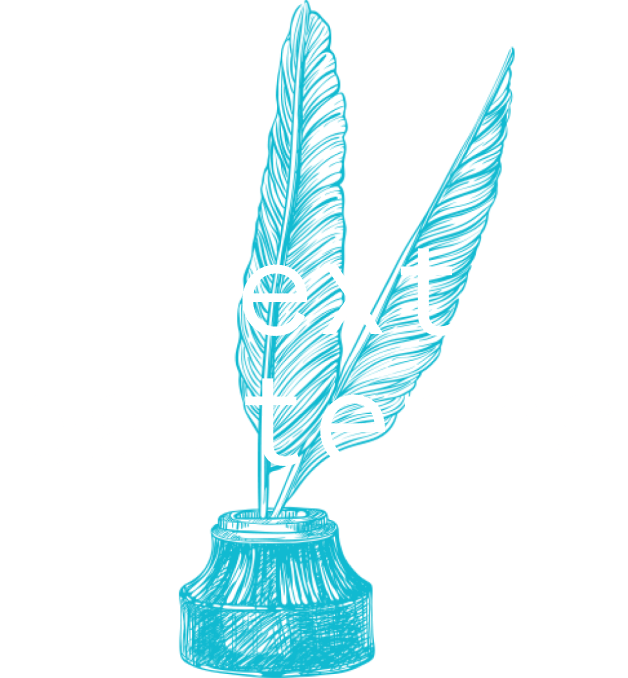October 2, 2009
how to run a literary estate
For the past couple of years I have been working on the most challenging — and maybe the most fascinating — project of my scholarly life: a critical edition of W. H. Auden’s immensely difficult long poem The Age of Anxiety. A few years ago Princeton University Press published Arthur Kirsch’s critical edition of the same poet’s...
